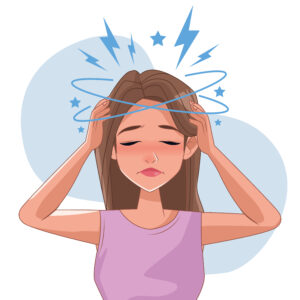[An Audio Article]
3 Simple Ways to Minimize Stress
Three simple ways to minimize the effects of stress. The word stress is a common enough word. It is a constant factor in most people’s lives and a term used to refer to daily pressures and overwhelming situations. Stress is a cascade of physiological reactions to a challenge or demand such as frustration danger, anger, or anxiety. But it’s not all bad. In fact, short bursts of stress can be beneficial.
Acute Stress
Tension is normal. It can help you to avoid danger or meet a deadline. But when left uncontrolled, it may harm your health types of stress. There are two main types of stress. Acute stress is short-term. It is a physiological reaction triggered by a situation, person, or event. It comes and goes quickly. It helps you manage new, exciting, or dangerous situations. This biological gift is called the “flight or fight response.”
Chronic Stress
Chronic stress lasts for an extended period. Unfortunately, chronic pressure becomes familiar and, hence, is ignored. Examples can include money or business problems, relationship issues, or trouble at work.

How Does Your Body React to Stress?
During stressful encounters, hormones are released. These hormones increase alertness, heart rate, blood oxygen, and tense muscles-preparing the body for action.
However, with chronic stress, your body stays alert regardless of the presence of danger. Over time, this state of always-on increases the risk for chronic health conditions, including:
- high blood pressure
- heart disease
- diabetes
- obesity
- depression
- skin problems (eczema)
How much is too much?
Often discounted as everyday aches or aging, these symptoms are both physical and emotional. And they may indicate health issues caused by long-term stress.
Signs of Stress
Typical signs include trouble sleeping or sleeping too much, forgetfulness, upset stomach, weight loss or gain, diarrhea, or constipation. Frequent aches and pains, headaches, lack of energy, or persistent sexual dysfunction.
And a stiff jaw or neck? is a classic sign of stress.

